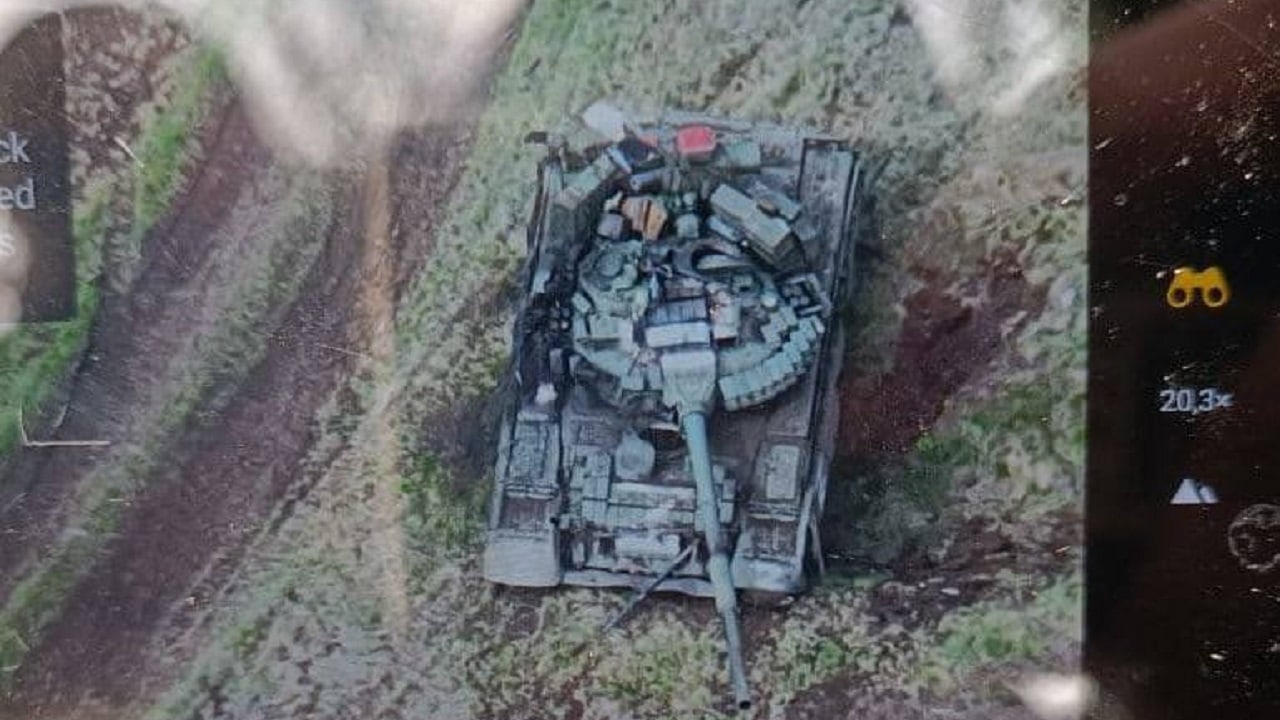As we mark the 70th anniversary of the armistice ending the Korean War, there is growing speculation that the bloody conflict between Russia and Ukraine will be resolved the same way.
There are some good reasons to make that assumption. The fighting in Korea stopped when a prolonged military stalemate developed and both sides concluded that they could not prevail without incurring excessive risks.
As NATO pursues its proxy war using Ukraine to weaken Russia, a similar dilemma may be taking place.
Vladimir Putin certainly miscalculated about both the severity and duration of the fighting, in large part because he underestimated the extent of the military support NATO would provide to Kyiv. However, the assumptions of Western leaders after the Russian military’s initial setbacks that a decisive Ukrainian triumph was on the horizon also proved to be a mirage. Instead, the war has evolved into a grinding slog, with Russia’s larger population, larger military force, and vast quantities of weaponry beginning to erode Ukraine’s early successes. Kyiv’s current, badly faltering offensive is the latest evidence that NATO’s hopes for a Ukrainian victory expelling Russian troops from the country were delusional.
With both sides having to confront disagreeable realities, pressure is likely to build for a cease fire. If the fighting does continue, the most likely outcome is an eventual Russian victory, albeit at an even greater cost in blood and treasure. Moreover, there is always the possibility that NATO leaders conclude they cannot accept their client going down to defeat and decide to have the Alliance intervene with its own forces. Such a move, though, would greatly increase the danger of World War III and all of its horrific consequences.
An armistice would significantly reduce such risks, just as the Korean armistice thwarted the danger of that conflict spiraling into World War III. However, the limitations and downside of that solution have become obvious as well over the past 70 years. The Korean Peninsula was an exceptionally dangerous flashpoint throughout the Cold War—second only to West Berlin. It continues to be an arena in which a large-scale war could break out at any moment. That risk is becoming even more ominous as North Korea continues to build its nuclear arsenal and an increasingly sophisticated fleet of ballistic missiles to deliver such weapons. Korean families remain separated, and a third of the Korean people live under the most repressive regime in the world. The Korean armistice stopped a bloody conflict, but it was far from being a panacea.
A similar prospect exists in Ukraine if the war ends with nothing more than an armistice. Russian and Ukrainian troops would continue to confront each other along multiple cease fire lines that would be far longer than the Demilitarized Zone separating the two Koreas. That situation would be a perpetual powder keg. It would be even more tense if an international peacekeeping force including NATO personnel were tasked with policing the continued separation of the two hostile armies.
Unfortunately, an armistice is emerging as the most probable alternative to a prolonged war ending with an extremely costly Russian victory, which NATO and Ukraine desperately want to avoid. Western, especially U.S. and British, leaders have only themselves to blame for the current situation. According to an article in the September-October 2022 issue of Foreign Affairs by Fiona Hill and Angela Stent, “Russian and Ukrainian negotiators appeared to have tentatively agreed on the outlines of a negotiated interim settlement,” Under that agreement, “Russia would withdraw to its position on February 23, when it controlled part of the Donbas region and all of Crimea, and in exchange, Ukraine would promise not to seek NATO membership and instead receive security guarantees from a number of countries.”
Former Israeli Prime Minister Neftali Bennett, who was acting as a mediator, said that British and U.S. leaders discouraged, or even outright blocked, such peace efforts. Under intense Western pressure, Bennett subsequently softened that claim, but it is likely that the original version was the more candid and accurate one.
If true, it was a reprehensible act. There must be no repetition of such obstructionism if the opportunity for a formal peace accord between Moscow and Kyiv, however imperfect, arises again. To insist on an armistice instead of a definitive settlement would consign Ukraine to a similar dangerous strategic limbo that Koreans have had to endure for seven decades. Washington’s unwillingness to establish a normal relationship with North Korea has been a major factor perpetuating the unsatisfactory situation on the Korean Peninsula.
U.S. leaders need to do better this time and avoid such policy rigidity. The Biden administration and its NATO allies should actively facilitate the negotiation of a treaty bringing peace, not just a halt to active combat, in Ukraine.
Ted Galen Carpenter is a contributing editor at 19Forty Five, a senior fellow at the Libertarian Institute and a senior fellow at the Randolph Bourne Institute. He also served in various policy positions during a 37-year career at the Cato Institute. Dr. Carpenter is the author of 13 books and more than 1,200 articles on international affairs.

